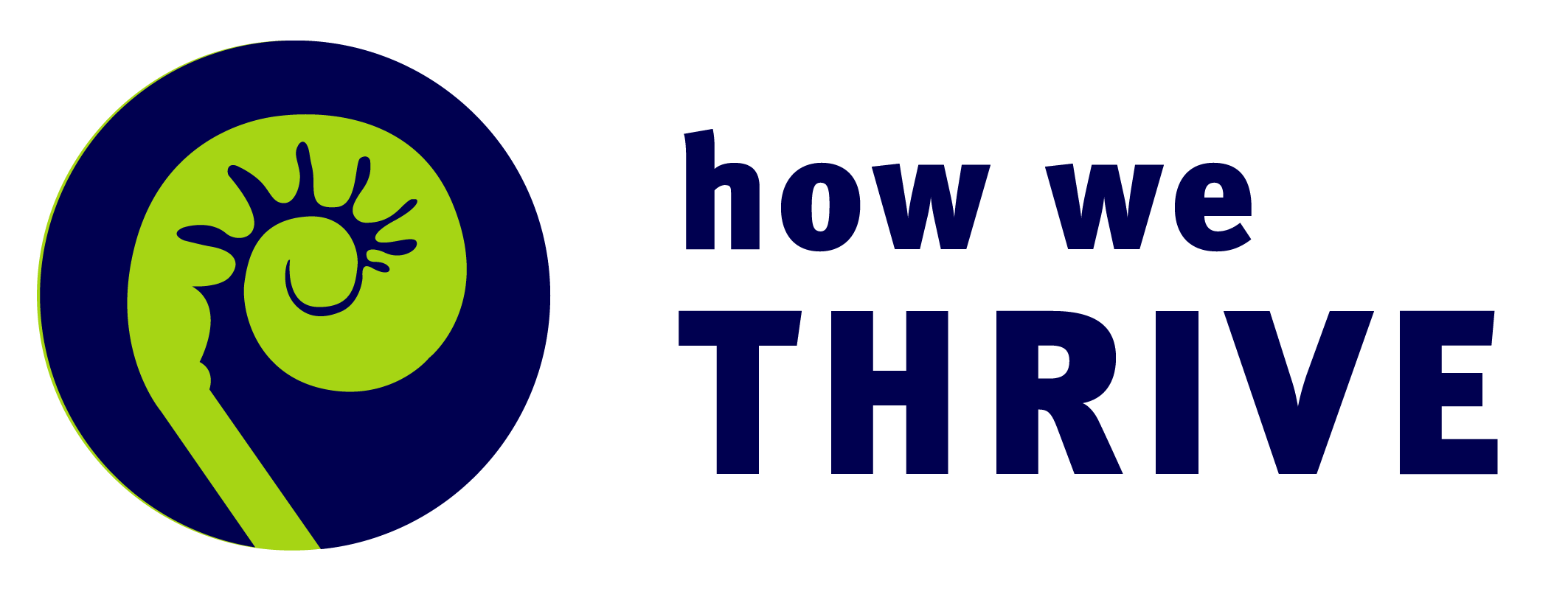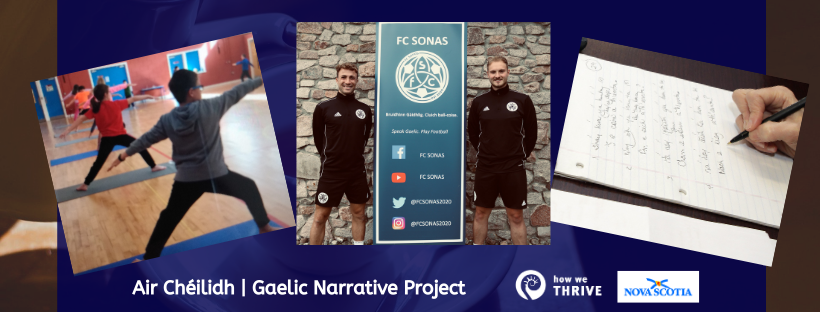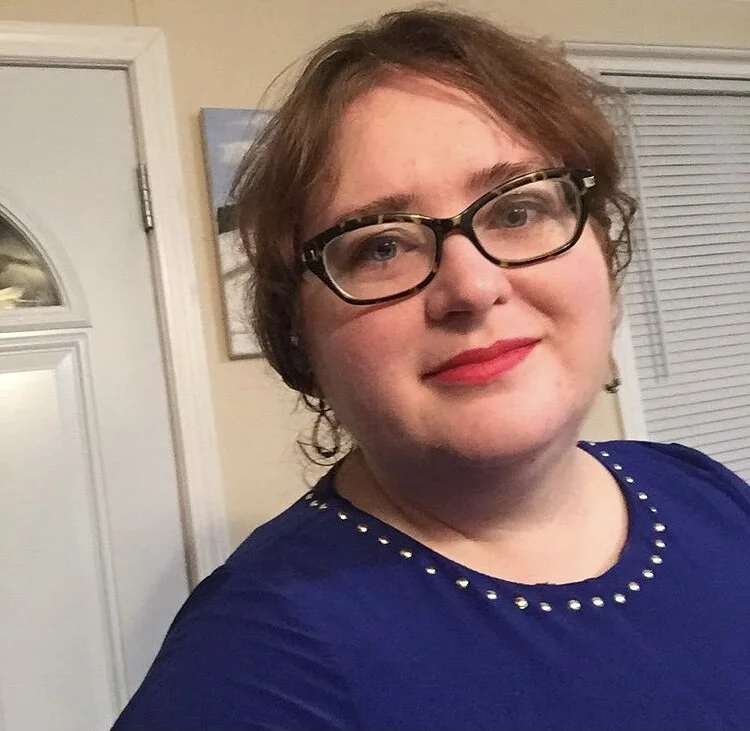Where Can Gaelic Live?
Far am bidh Gàidhlig Beò
March 26, 2021
Host: Iain MacLeod
Guests: Joyce MacDonald, Donnie Forbes, Calum Ferguson, Gráinne Ní Fhoighil
We heard inspiring stories of Gaelic projects in Scotland, Ireland and Nova Scotia. Our host, Nova Scotia filmmaker Iain MacLeod, invited us all to dig into our own dreams and stories of places where Gaelic not only lives but thrives.
What we heard
Iain MacLeod began by reflecting on the way dominant narratives have shaped attitudes in the Gaelic community of Nova Scotia, including his own: "My great-grandparents bought into a narrative that said not only do you need to speak English to get ahead, if you speak Gaelic as well that will hold you back." It wasn't true, but they believed it and this belief shaped their lives. "Similarly when I was having trouble learning Gaelic in the 1990s, I had decided that unless I was going to move to a croft in North Uist, there was no way the language could fit in my life."
So Iain invited guests who would help us all surface narratives that say the language can and does live in many different contexts. Joyce MacDonald of Mabou, Cape Breton, talked about beginning an informal Gaelic writing group because she wanted to join her two passions of writing and Gaelic. "Whatever I am interested in doing, there are always other people interested in that too," she said. The monthly online group has no format other than a deadline, and writers can share poetry, prose, songs, films, scripts or plays. She spoke about the importance of making space for new ways of expression.
Calum Ferguson and Donnie Forbes of Scotland were childhood friends who went through Gaelic immersion education together, and shared a love of football (soccer), having both played and coached on a professional level. In May 2020, when there was little happening for children during the pandemic, they began online football skills training in Gaelic, FC Sonas. Their videos have attracted more than 100,000 views.
"The beauty of sports is that it adds a fun element, where you don't realize you are using the language," said Calum. In Scotland children associate the language with school, so social outlets are important so the language thrives in community.
"We have an opportunity to use football and Gaelic as a catalyst for social change within the community," said Donnie. "We want to make not just better people but better communities."
Gráinne Ní Fhoighil of Connamara, Ireland, said it was natural for her to do her activities in Gaeilge (Irish Gaelic), but teaching mindfulness to children was a new subject, requiring new words that may not have been used for a while. She was surprised to see the subject inspiring the children to bring in words they had for feelings, sensations, and focusing attention inwards from their home or community. "I found that really exciting," said Gráinne. "There was a richness scattered around and this was one way of collecting it together."
"People learn in different ways, " said Calum, "In the last year people have really struggled in not interacting with people and with mental health... A language and a culture should be a constant in your life, something you can always rely on…. These different contexts are vitally important to make sure that everyone is catered for and there is a place for Gàidhlig and Gaeilge moving forward."
Gráinne concluded that it was important to bring the focus back to the rights of the individual to use the language in ways that are relevant. "And to feel confidence around that relevance and to own it."
Appreciation, Dreams, Inspiration
Themes and quotes from our small group conversations. Read more.
Appreciation
All these creative, amazing ways to make the language live!
Loved the young men in Scotland ...Totally impressed with them wanting to promote community and social consciousness.
Love the connection with Gaelic and our kinaesthetic part of our brain.
It was wonderful to see how people had an idea . . .and had the courage and vision to just go for it.
What a wonderful panel of speakers — from Cape Breton, Scotland, and Ireland — I had the sense of a true global Gaeltacht.
What is going on in Nova Scotia is inspiring.
I sense a new optimism for Gaelic in the general population coming our way.
Dreams
Living in a world in which we can speak Gaelic to our neighbours, sing songs while we work, and learn stories through osmosis instead of studying them home alone.
I would love to live in a house or a small community where we all speak Gaelic as our social language, I would like to work on a million more films, and learn to sing tons of more songs and have no fear in singing them loudly. Also, a Gaelic pop punk band!
My wildest dream is to have as much access to Gaelic as I do to English or French.
Looking forward to hearing the first time an NHL game is broadcast in Gaelic.
People conducting their vocations in Gaelic with opportunities for apprentices for work skills/language/cultural skills.
Inspiration
I will write more in Gaelic!
To sing more Gaelic songs!
To learn Gaelic again.
Take more Gaelic classes.
Speak to my grandchildren in Gaelic.
To be less afraid of making mistakes and just speak more.
To get back to my Gaelic sessions.
To start a Gaelic baking group in my local community
Gàidhlig sports/activity camp in the summers.
A Gaelic kayaking group.
Gaelic gardening - Nature, Nurture and Language.
Weight training through the medium of Gaelic!





